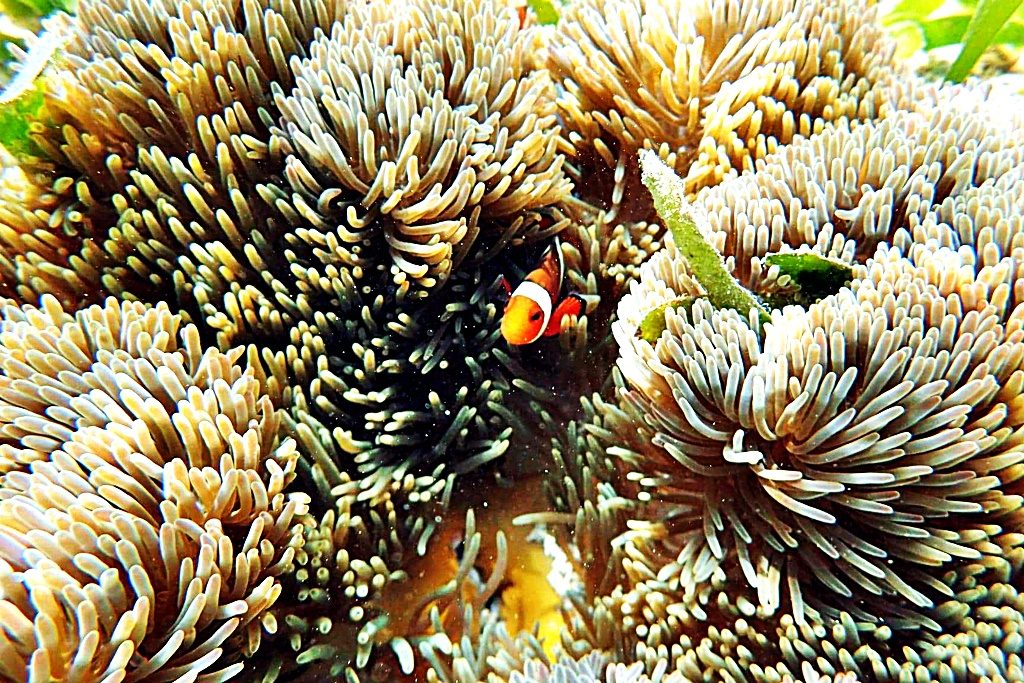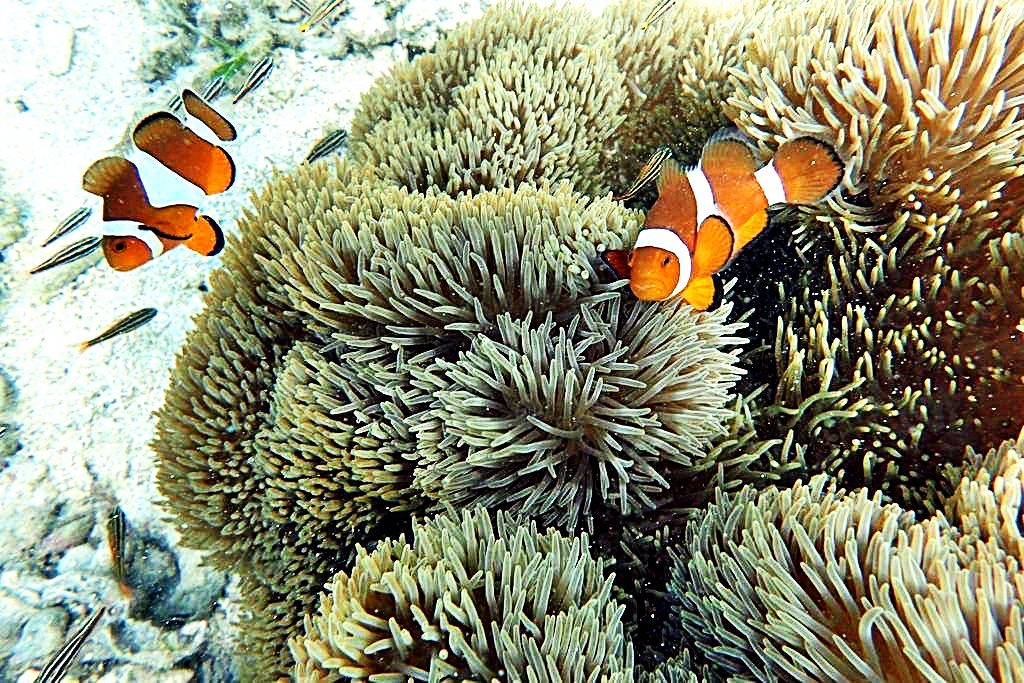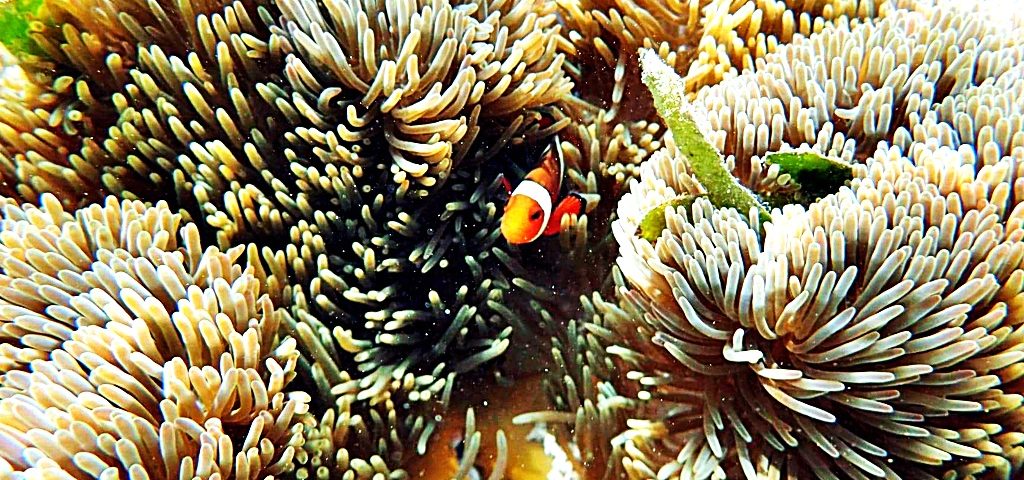From finding to saving ‘Nemo’
Fishers sound alarm over extinction of clownfish
Manila, Philippines – “Will we ever find ‘nemo’ again? Clownfish, among other marine and aquatic species, are under the threat of biological extinction due to climate change induced by corporate greed and plunder,” according to the national fishers’ group Pambansang Lakas ng Kilusang Mamamalakaya ng Pilipinas (PAMALAKAYA) on Sunday, expressing concern over the reports that the anemonefish species, which used to be the star of Pixar’s blockbuster film “Finding Nemo” are about to vanish for good due to climate change.
The vibrantly colored clownfish, according to recent reports, are under threat from warming seas and other external factors such as destruction of their coral habitats and pollution.
For its part, PAMALAKAYA, which advocates not only for the welfare of small fisherfolk but also for the protection and preservation of marine and aquatic resources, said that the “extinction of a particular fish species is undeniably an issue of concern to those directly involved in the fishing industry.”
“The looming permanent disappearance of clownfish is a manifestation that climate change has been taking its heavy toll to the marine and aquatic environment in general. It means that coral reefs that house numerous fish species are gradually vanishing, seas and oceans have been fast-warming hurting the marine life,” Fernando Hicap, PAMALAKAYA National Chairperson said in a statement.
Hicap, former Anakpawis Partylist solon added that clownfish, although not the usual fish-catch of small fisherfolk, are vital marine organisms as they serve as an environmental indicator.
“A thriving clownfish in an area equates to prosperous coral reefs, sea grasses, and most of all, abundant fish catch. This species belongs to a wide array of marine symbioses where every marine organisms benefit from each other to survive,” Jerwin Baure, a member of scientist group Agham and PAMALAKAYA’s resident fisheries expert added.
Baure, a fisheries graduate from University of the Philippines (UP) Visayas who ranked 2nd in the 2017 Fisheries Technologist Licensure Examination, added that the protection of clownfish against the impacts of climate change is a preservation of the entire marine ecosystem.
PAMALAKAYA blames “projects for development aggression” as the “real-culprit” of global warming and change of climate, as conversion of coastal and marine areas into business and commercial purposes triggers the destruction of mangrove forests, coral reefs, sea grasses, and other fish habitats.
“The most effective way to mitigate and ultimately quell the adverse impacts of climate change is to put an end to profit-driven government and corporate projects that systematically destroy the marine and aquatic environment. We demand justice for the sectors, including coastal people, who are at the frontline casualties of the environmental devastation brought about by climate change,” ended Hicap. ###


